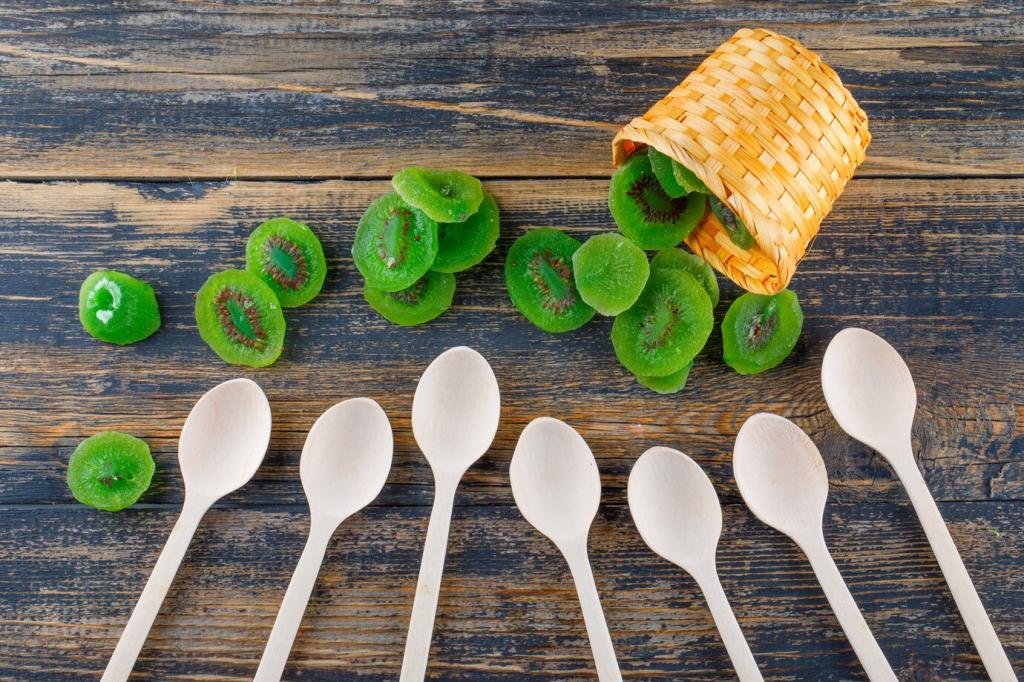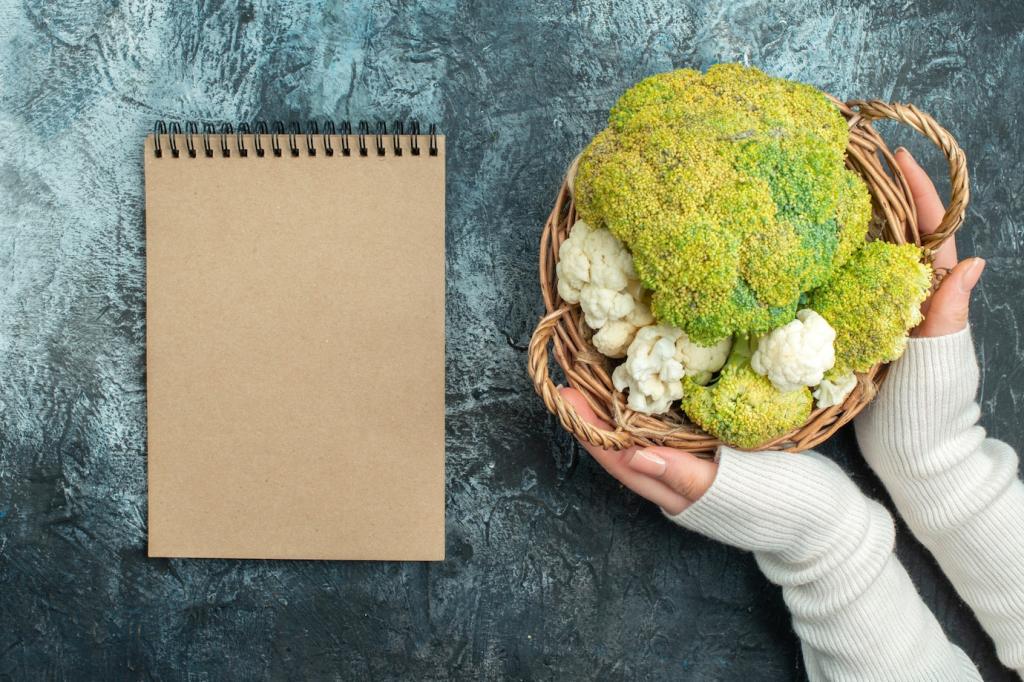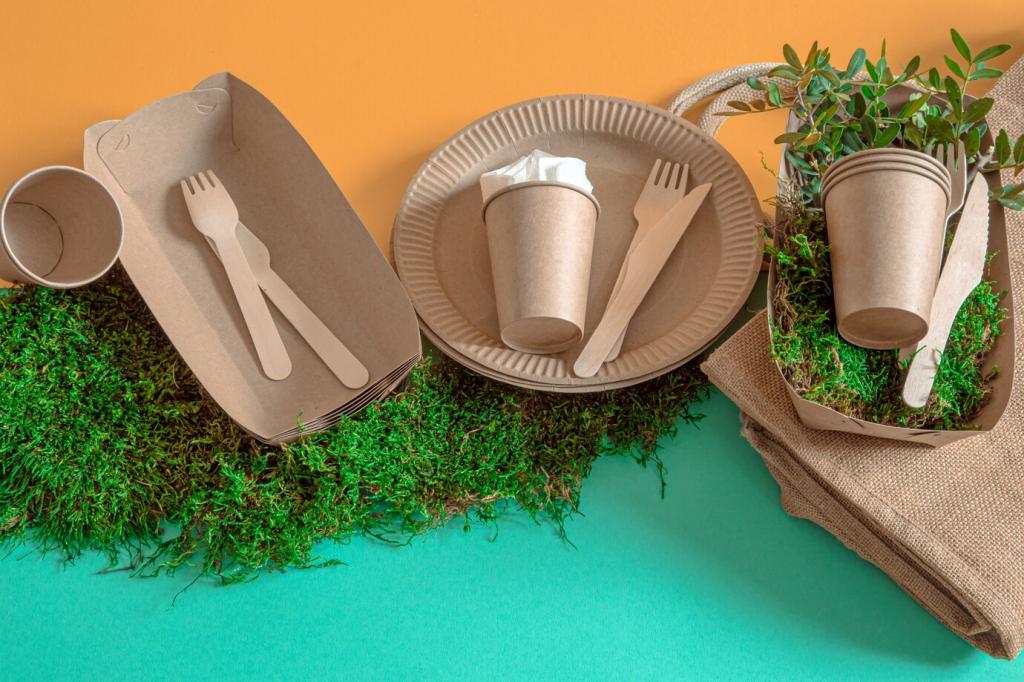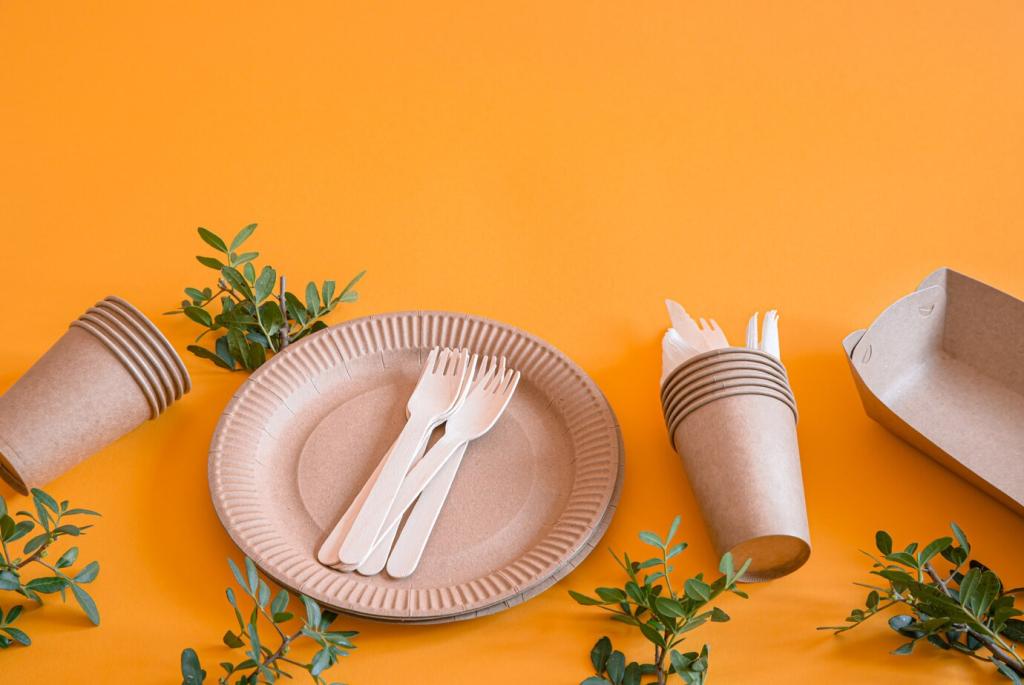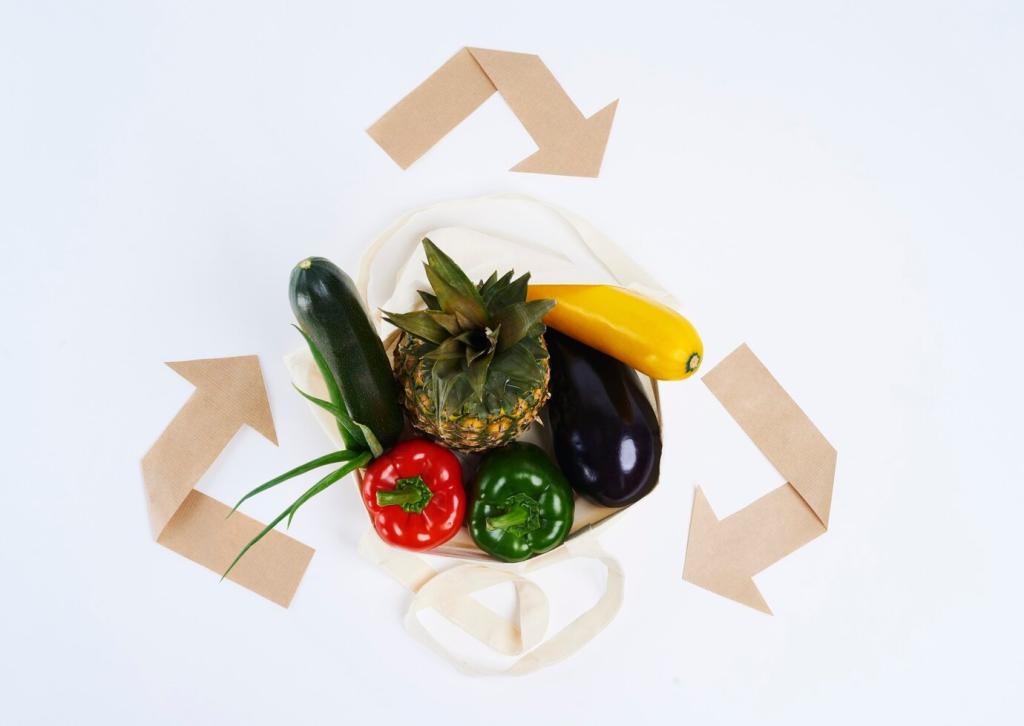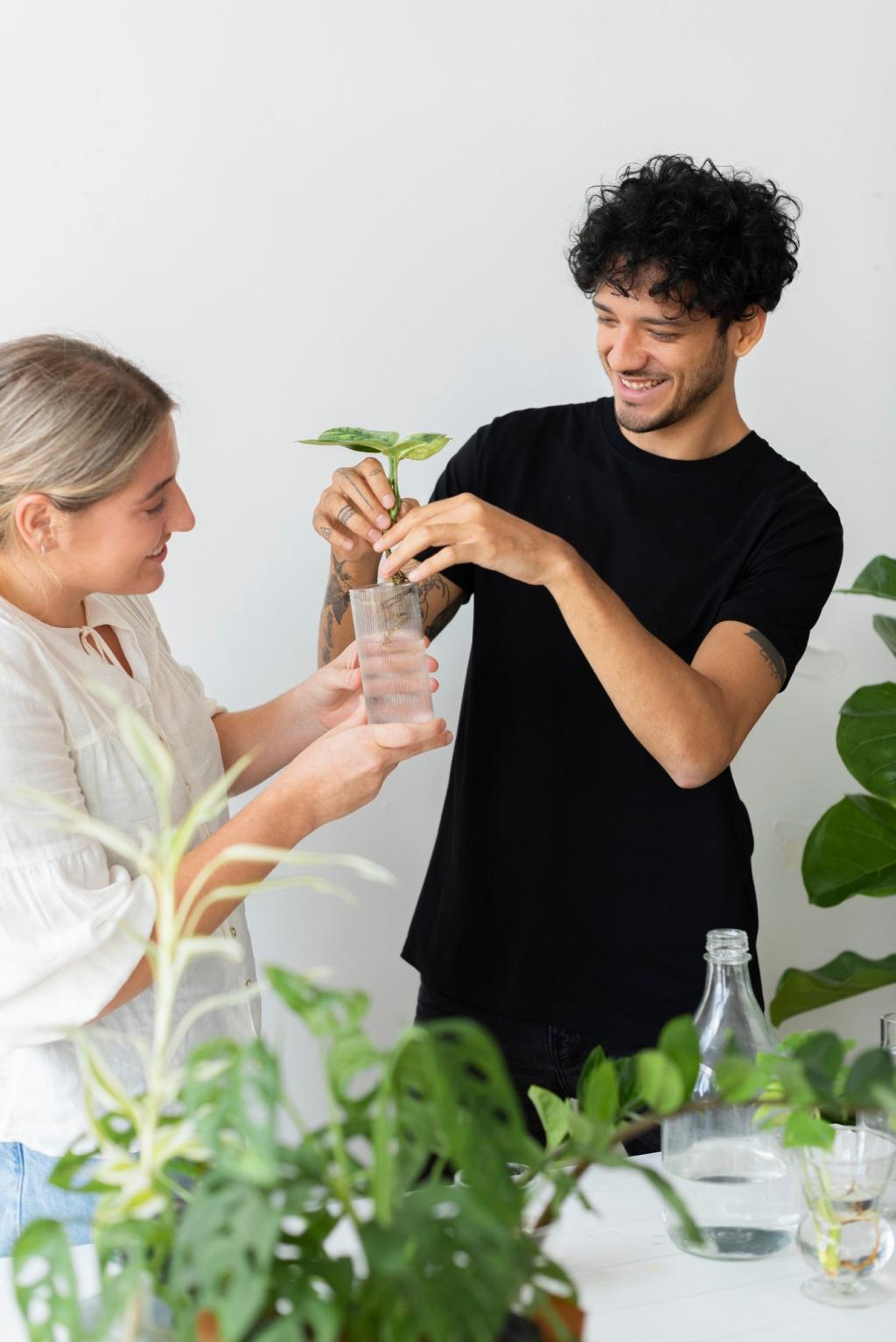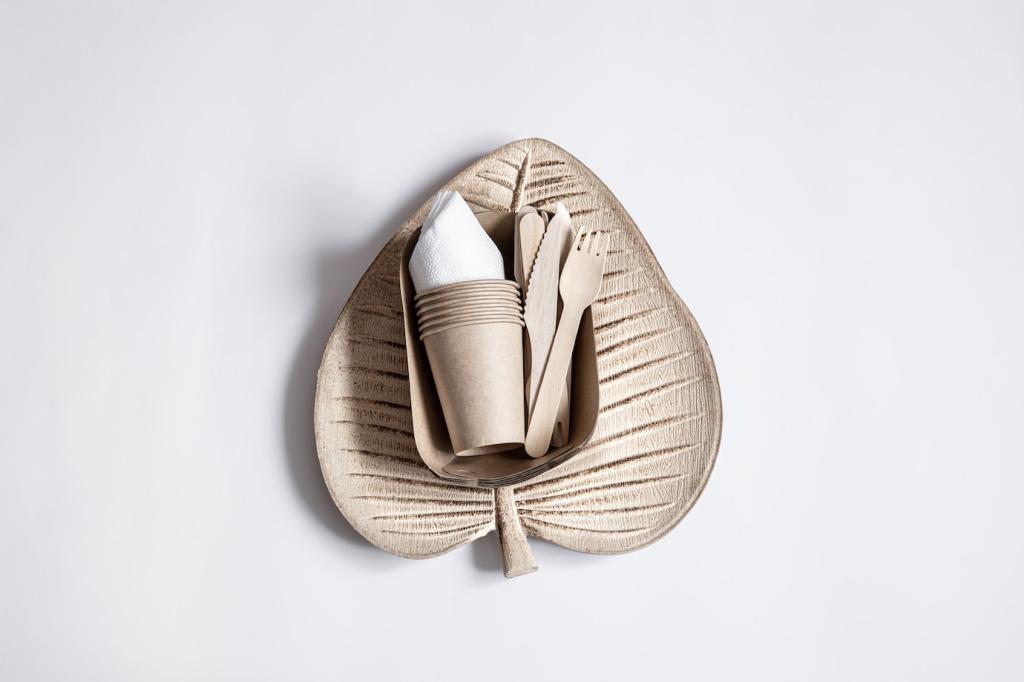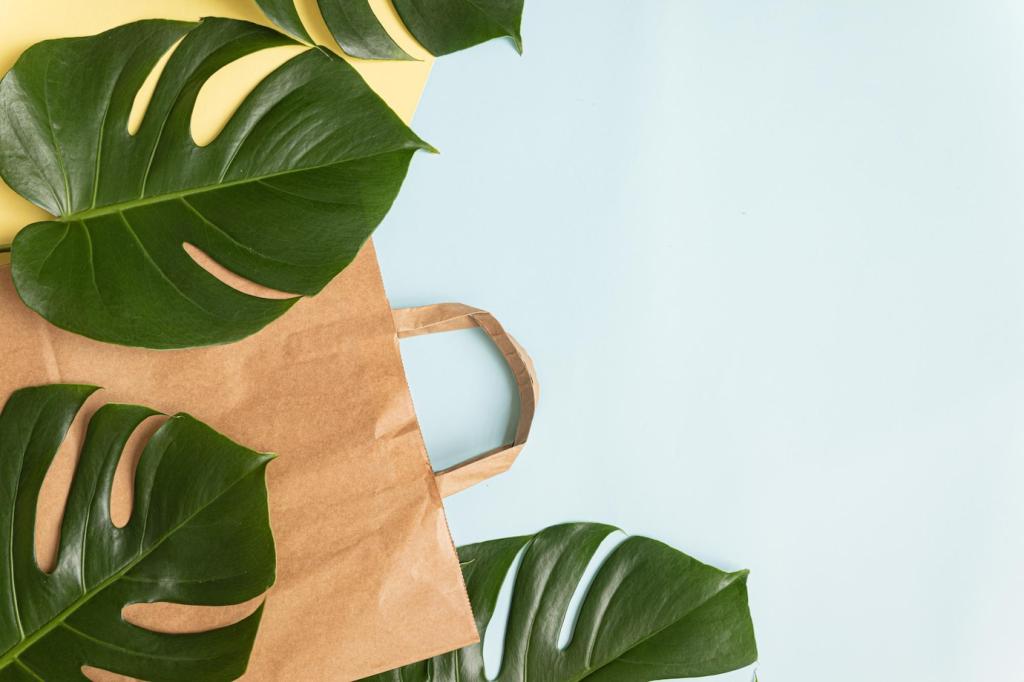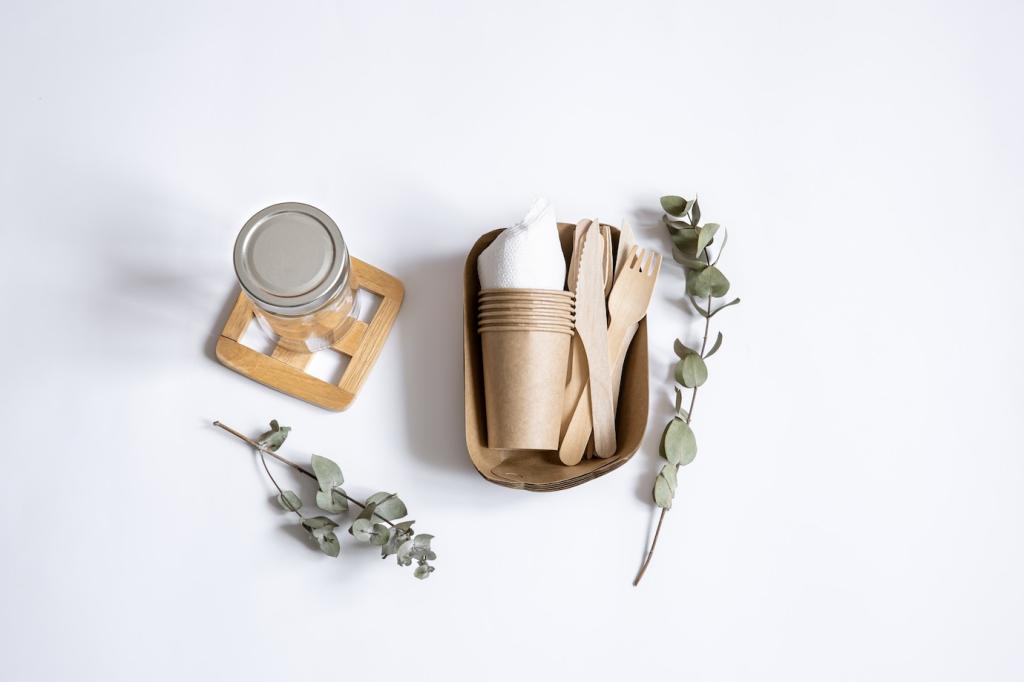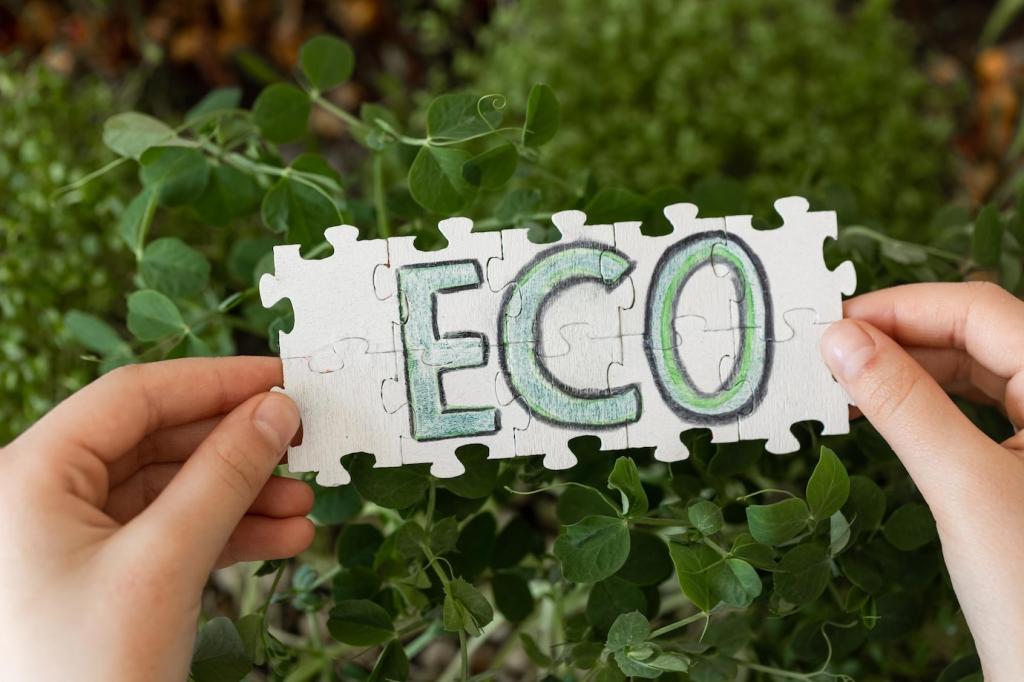Costs, Myths, and Practical Trade-Offs
While unit costs can be higher than conventional plastics, bulk purchasing, reduced trash hauling, and better community goodwill often offset the difference. Track a month of expenses and waste volumes to see how smarter sorting changes both costs and outcomes.
Costs, Myths, and Practical Trade-Offs
No, biodegradable utensils don’t disappear overnight in nature. They need the right conditions, often in industrial compost. And yes, they can be sturdy—choose the correct material for hot or heavy meals. Share myths you hear, and we will tackle them in upcoming posts.

